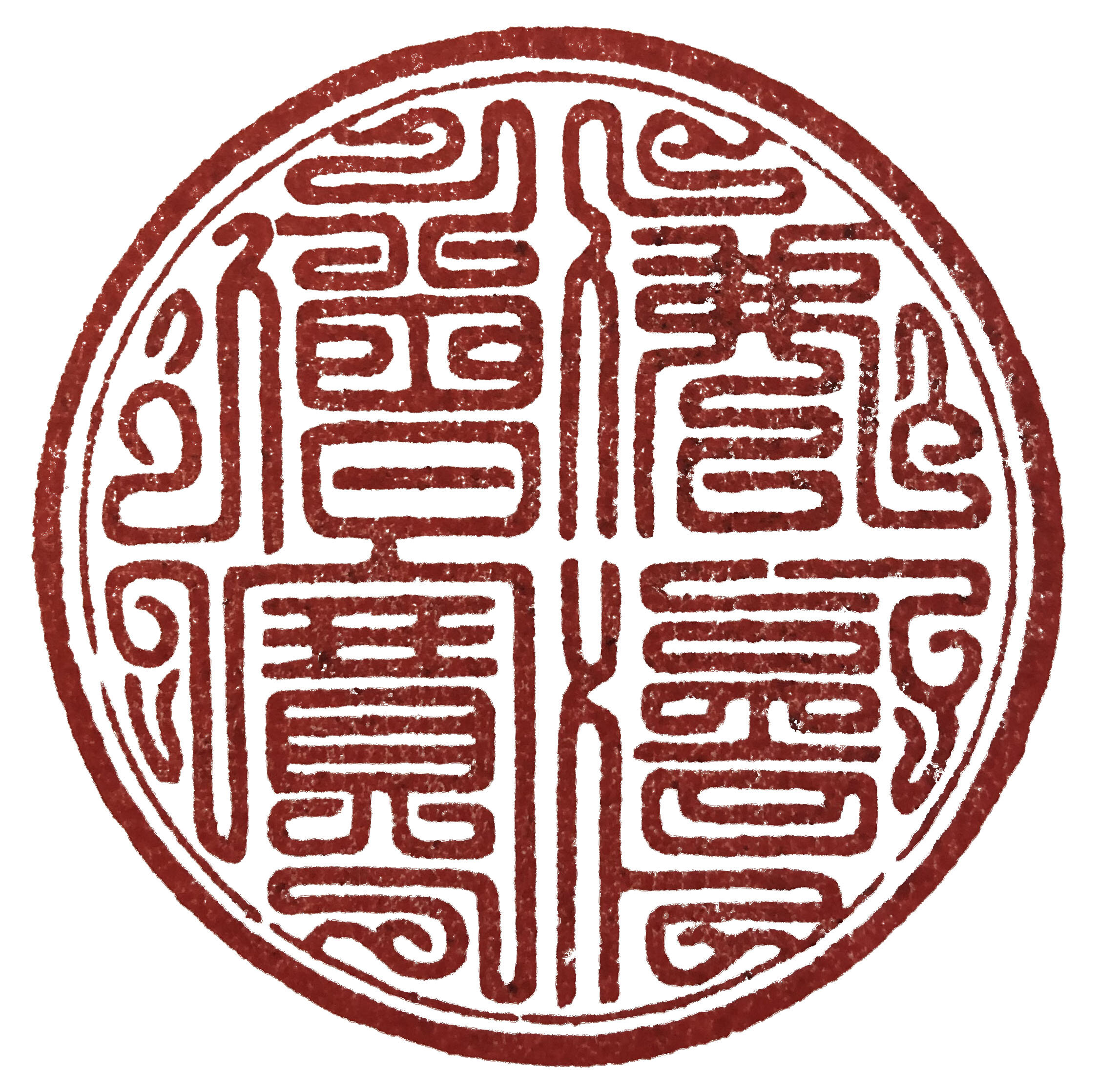Nothing Special Lineage
When I first began the conversation about shukke tokudo, the novice priest ordination, with my teacher he said something I didn’t quite understand. He told me he would be happy to ordain and train me, “ As long as you don’t mind being in a lineage that is nothing special.” This came up again with the topic of Shiho, Dharma transmission. My teacher had mentioned that there are great lineages here in the United States like that of Maezumi Roshi and Shunryu Suzuki Roshi, if I didn’t mind being in a small lineage here in the United States then he would be very happy to train me. We never really talked much about our lineage history, at least not in the way that I’m used to hearing lineage conversations. Often I hear people mention their teacher and their teacher’s teacher and the difficult training and hardships they endured for the sake of the Dharma, There are records of their talks on shobogenzo and volumes of short stories of deep dharma exchanges. There is so much documentation on American lineage founders here that I think I understand partially why my teacher was asking if I was alright not being in a famous lineage.
Yet, we did talk a lot about our lineage, home temple, and history. What was mentioned was not their time in Eiheiji, or their emphasis on zazen and sesshin. When we talked about my teacher’s teacher and his teacher it was mostly in the form of funny stories about them and the jobs they had outside of the temple. My Dharma grandfather Ryotetsu DaiOsho was a high school Biology teacher with a passion for geology. My teacher told me how Ryotetsu would do morning service and then change from his robes to a suit for teaching school and upon returning home he again changed back into his robes to recite sutras and serve the community’s spiritual needs. Ryotetsu’s teacher was Shoko Daiosho, a principle at the local kindergarten.
My teacher told me that one day Shoko was missing and everyone was looking for him when they received a call from him in China, he was driving a motorbike around china going to zen temples and monasteries. He was an eccentric guy! Shoko would also do very early morning services and zazen at the temple and then head to work at the kindergarten, come home, and change back into robes to meet the needs of the Iwoji temple community. I find it interesting that both Ryotetsu and Shoko worked with children and had great care for children’s education. Both priests found a way to support their families outside the temple, as raising a family and being a priest is such a difficult thing financially and physically. My teacher also followed in the tradition of working in education teaching children English in the local community and when he came to the United States, he began working teaching Japanese at the Japanese Cultural Center. My teacher is also a father and works hard to support his child. Lastly there is me in this lineage. I’m a father and priest that works with families and children with developmental disorders.
When I look at the lives of these priests I see the sincerity of a lineage of “nothing special”. I see everyday lives lived in service to the Dharma, family, and the educational wellbeing of children. These priests supported their temples, sangha, families, and maintained the 16 bodhisattva precepts. These priests sat zazen, chanted sutras and changed diapers. Nothing special opens my eyes to how the idealism of a Zen monk life falls flat, carrying water and chopping wood transforms to changing diapers, prioritizing education, and supporting early childhood development; Following the precepts and sitting zazen in the temple and on the commuter train. Everyday life is the way and Nothing special is my lineage.
Namu kie butsu
namu kie ho
namu kie so

